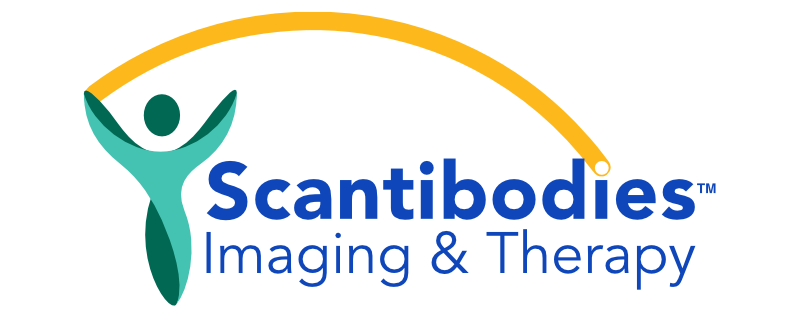The Power of a Healthy Diet
What you eat has a direct impact on your immune system, inflammation levels, weight, and overall health—all of which play a role in cancer prevention. A balanced diet based on whole, nutrient-rich foods can help your body function at its best.
Recommended Foods:
- Fruits and vegetables (especially leafy greens, berries, tomatoes, carrots, and cruciferous vegetables like broccoli and cabbage)
- Whole grains (brown rice, quinoa, oats, whole wheat)
- Lean proteins (chicken, fish, legumes, tofu)
- Healthy fats (avocados, nuts, seeds, olive oil)
- Plenty of water to stay hydrated and flush out toxins
Foods to Limit:
- Processed meats (such as bacon, sausage, and deli meats)
- Refined sugars and sugary drinks
- Excess red meat
- Highly processed snacks and fast food
- Alcohol (limit to moderate consumption or avoid)
A good rule of thumb: fill half your plate with colorful vegetables and fruits, and limit packaged or processed foods whenever possible.
Daily Routines That Support Long-Term Health
Along with healthy eating, your daily habits play a major role in reducing cancer risk. Here are simple, sustainable practices that can make a big difference:
- Move Your Body Regularly
Aim for at least 30 minutes of moderate activity most days of the week. Walking, swimming, dancing, or gardening all count. Physical activity helps maintain a healthy weight, improve circulation, and reduce inflammation.
- Maintain a Healthy Weight
Obesity is linked to an increased risk for several types of cancer. A balanced diet and regular exercise can help you reach and maintain a healthy weight.
- Get Quality Sleep
Sleep allows your body to repair and regulate hormones. Try to get 7–8 hours of restful sleep each night, and aim for a consistent bedtime routine.
- Manage Stress
Chronic stress can negatively impact your immune system. Practice stress-reducing techniques like meditation, journaling, deep breathing, or spending time in nature.
- Avoid Tobacco and Limit Alcohol
Smoking and excessive alcohol use are well-established cancer risk factors. If you smoke, seek support to quit. If you drink, do so in moderation—no more than one drink per day for women, two for men.
Screening Is Prevention, Too
Healthy living is powerful, but it doesn’t replace early detection. Tools like PET/CT scans can identify abnormal activity in the body before symptoms appear, allowing for faster diagnosis and better treatment outcomes.
At Scantibodies Imaging and Therapy, we combine state-of-the-art imaging with compassionate care to give you peace of mind and proactive options.
Take Control of Your Health
A healthy body starts with daily choices—what you eat, how you move, and how you care for your mind. Combined with regular screenings, you can take real steps to protect your future.
When Something Feels Wrong, Speak Up: Why Early Cancer Screening Matters
Georgia O’Connor’s Story: A Reminder to Trust Yourself
Hidden Dangers: Environmental Factors That Can Increase Cancer Risk
While genetics play a role in cancer, your everyday environment also contains hidden risks that can increase your chances of developing the disease.
What Joe Biden’s Cancer Journey Reminds Us About Early Detection
Cancer doesn’t always come with symptoms. In fact, many cancers develop silently, growing for months or even years before showing obvious signs.
Speak with one of our doctors to find out if a diagnostic PET scan is a good fit for your health goals.

